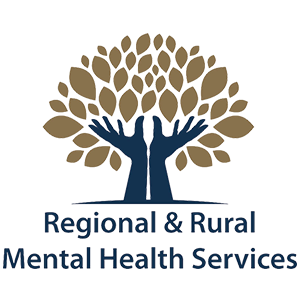Depression
We all experience times of feeling sad or blue. When this continues for an extended period of time and/or when it interferes with our usual family, work and social life, it is called depression. Depression, however, is not easy to define, as it is really a group of symptoms. Different people may therefore experience depression in different ways. Some of the most common symptoms are:
feeling sad, crying easily
sleep disturbance
changes in appetite and weight
loss of interest and motivation
loss of energy and becoming easily fatigued
physical aches and pains
loss of sexual interest, impotence
irritability
anxiety
confusion, poor concentration and memory
loss of hope
alcohol and drug abuse
feelings of helplessness and hopelessness
feeling that life is not worth living.
Depression affects our bodies, minds, emotions and behavior. Remember that 1 in 4 Australian women and 1 in 6 Australian men will suffer depression at some time in their lives. Children also suffer depression. It is estimated that up to 50% of children will experience depression during their childhood.
So, what causes depression?
Depression can be triggered by everyday and major stressful life events, chronic health difficulties, medication, or biochemical imbalances. However, certain risk factors may make us more vulnerable to depression. For example, our genetic makeup may make us more susceptible. How we deal with everyday experiences and major stressful events also affects our mood. For example, inappropriate or unhelpful coping skills may make us vulnerable to depression. Coping skills are the tactics or strategies which we use to help us adjust to life's many experiences. We primarily learn them from significant people in our early lives and our own past experiences. Coping skills affect how we personally respond to stressful situations. Our response to everyday and major life experiences is also shaped by what we think about ourselves and others. Our attitudes about ourselves, others and our past experiences determine the nature of our habitual thoughts about ourselves and others. We tend to interpret new experiences in terms of our past experience. Our own attitudes, particularly those that we have about ourselves, therefore have a powerful effect on how we respond to life's circumstances. In short, what we think about ourselves and others influences how we deal with life stressors and the feelings which arise from them.
Psychological treatment
Over the long term, psychological treatment of depression has been found to be more effective than medication alone. Psychological treatment focuses on:
understanding the nature of depression and how it affects us
providing a supportive environment, while people work through their difficulties
equipping people with more effective coping skills and strategies so that they can deal more effectively with life stressors
providing new skills and strategies to change thinking patterns and behaviours that contribute to depression.
Managing stressful situations often requires that we change our habitual or 'learned' responses to stress in order to achieve a more realistic outlook. This means learning how to change our thoughts and emotions. This is very different from "positive thinking". Realistic thinking accepts that life is not always rosy, and helps us develop strategies to realistically deal with everyday and major life problems and difficulties. Treatment may include sleep management, relaxation techniques, pleasure scheduling, the development of more helpful coping skills, and reappraisal of our attitudes about ourselves.
Depression - What it is - not
Depression is not just a 'mood' you can snap out of.
Depression is not something to be ashamed of or guilty about.
Depression is not a character flaw.
Depression is not a sign of personal weakness.
Depression is not a sign of lack of discipline.
Depression is not permanent. Possibility of complete recovery is excellent.
If you would like to discuss concerns about depression with a Psychologist, please phone Regional & Rural Mental Health Services on (07) 4637 9989, or contact us via our Contact Form to arrange an appointment to see a member of our team.

